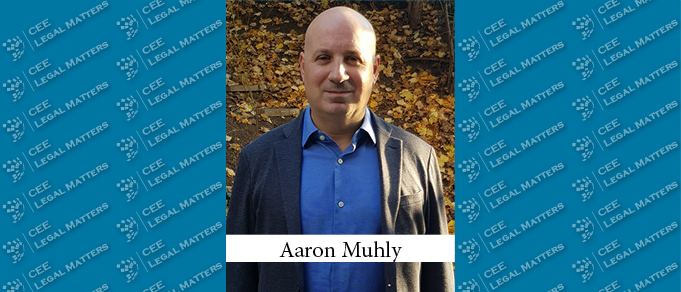In Part 1, I talked about the dilemma facing most lawyers when asked to involve themselves with business development. If you want to be good at BD, it helps a lot to be an optimist. But, since most lawyers are uber-pessimists, we struggle with BD and find ourselves with practically zero persistence.
In this article, you can learn about the following solutions for tackling this pessimism problem:
- Hire baby rainmakers
- Encourage BD specialization
- Protect the pessimists and your pocketbook
Hire Baby Rainmakers
In Part One of this article, I talked about the research by Martin Seligman demonstrating that the more pessimistic law students are likely to do better in school and get better job offers. In other words, the big law firms seem to be vacuuming up uber-pessimists.
Why don’t law firms simply set up two hiring processes – one for high-potential lawyers and a second for baby rainmakers? For the high-potential lawyers, you can keep following your traditional hiring policies (e.g., nice school, good grades, solid handshake). For the baby rainmakers, you would de-emphasize the grades (Seligman suggests that optimists are likely to have lower grades) and focus more on investigating their resilience towards rejection. Better yet, why not test these candidates with one of Seligman’s surveys like the Attributional Style Questionnaire (used to assess levels of optimism and pessimism) or the Grit Survey (used to examine perseverance)?
Encourage BD Specialization
You can also increase the persistence of your lawyers by helping them manage the detrimental effects of their pessimism. For example, Seligman recommends several cognitive science techniques (e.g., the ABC model) to manage excessive pessimism. But you and I know that most lawyers are too pessimistic to actually do exercises that would make them less pessimistic.
As an alternative, you can also help lawyers increase their BD persistence by encouraging them to pick a specialization for their BD activities. In my experience, lawyers don’t just struggle with BD because they are pessimists – they are also frustrated when forced to do activities that they are not good at. Unfortunately, law firms feed this frustration by encouraging lawyers to engage in a vast range of BD activities. As a result, the lawyers don’t have the time to develop expertise in any of these activities. To address this problem, they should be encouraged to boost their confidence by becoming an expert in a particular BD domain of their choosing (e.g., social media posting, article writing, conference presenting).
Protect the Pessimists and Your Pocketbooks
Last but not least, we need to take this pessimistic shit seriously. There are countless articles detailing the detrimental effects of pessimism in our profession (e.g., depression, divorce, substance abuse, burnout).
Unfortunately, most law firms ask their lawyers to just suck it up, take the money, and quit whining. Management understandably doesn’t want to mess with this model, because it’s a proven moneymaker. As a result, we just pretend that pessimism and its consequences are an annoying but necessary part of the job.
If you’ve been paying attention to this article series, you probably realize that this management mindset is not only lazy, but it also hurts the bottom line. When we don’t help lawyers deal with their pessimistic mindsets, we end up with the exact opposite of rainmakers, whatever that is. On the other hand, we can lead them down the path towards BD persistence and success if we provide them with support targeted at helping them overcome their pessimistic aversion to BD (e.g., coaching, mentoring, and training aimed at dealing with excessively negative beliefs about BD).
The math is simple: happier lawyers means more money in your pocket.
Learn More
If you liked the insights from Seligman, I recommend that you check out his book Learned Helplessness or his website for the Positive Psychology Center at the University of Pennsylvania.
Aaron Muhly is an American lawyer who has been training European professionals on clear writing and effective communication for over 15 years.
This article was originally published in Issue 9.10 of the CEE Legal Matters Magazine. If you would like to receive a hard copy of the magazine, you can subscribe here.






















